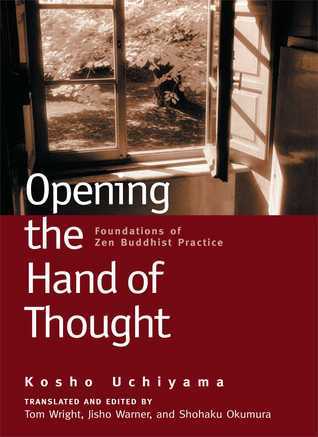
Key Insights & Memorable Quotes
Below are the most popular and impactful highlights and quotes from On Writing: A Memoir of the Craft:
Books are a uniquely portable magic.
The road to hell is paved with adverbs.
The scariest moment is always just before you start.
you can, you should, and if you’re brave enough to start, you will.
Description begins in the writer’s imagination, but should finish in the reader’s.
Writing isn't about making money, getting famous, getting dates, getting laid, or making friends. In the end, it's about enriching the lives of those who will read your work, and enriching your own life, as well. It's about getting up, getting well, and getting over. Getting happy, okay? Getting happy.
Amateurs sit and wait for inspiration, the rest of us just get up and go to work.
Write with the door closed, rewrite with the door open.
Kill your darlings, kill your darlings, even when it breaks your egocentric little scribbler’s heart, kill your darlings.
In many cases when a reader puts a story aside because it 'got boring,' the boredom arose because the writer grew enchanted with his powers of description and lost sight of his priority, which is to keep the ball rolling.
If you expect to succeed as a writer, rudeness should be the second-to-least of your concerns. The least of all should be polite society and what it expects. If you intend to write as truthfully as you can, your days as a member of polite society are numbered, anyway.
Writing is not life, but I think that sometimes it can be a way back to life.
If you want to be a writer, you must do two things above all others: read a lot and write a lot. There's no way around these two things that I'm aware of, no shortcut.
Just remember that Dumbo didn't need the feather; the magic was in him.
So okay
You cannot hope to sweep someone else away by the force of your writing until it has been done to you.
Words create sentences; sentences create paragraphs; sometimes paragraphs quicken and begin to breathe.
Your job isn't to find these ideas but to recognize them when they show up.
To write is human, to edit is divine.
I have spent a good many years since
It starts with this: put your desk in the corner, and every time you sit down there to write, remind yourself why it isn't in the middle of the room. Life isn't a support system for art. It's the other way around.
Writing is a lonely job. Having someone who believes in you makes a lot if difference. They don't have to makes speeches. Just believing is usually enough.
I'm a slow reader, but I usually get through seventy or eighty books a year, most fiction. I don't read in order to study the craft; I read because I like to read
Reading in bed can be heaven, assuming you can get just the right amount of light on the page and aren't prone to spilling your coffee or cognac on the sheets.
Good description is a learned skill, one of the prime reasons why you cannot succeed unless you read a lot and write a lot. It’s not just a question of how-to, you see; it’s also a question of how much to. Reading will help you answer how much, and only reams of writing will help you with the how. You can learn only by doing.
Let's get one thing clear right now, shall we? There is no Idea Dump, no Story Central, no Island of the Buried Bestsellers; good story ideas seem to come quite literally from nowhere, sailing at you right out of the empty sky: two previously unrelated ideas come together and make something new under the sun. Your job isn't to find these ideas but to recognize them when they show up.
The most important things to remember about back story are that (a) everyone has a history and (b) most of it isn’t very interesting.
Bad writing is more than a matter of shit syntax and faulty observation; bad writing usually arises from a stubborn refusal to tell stories about what people actually do
I like to get ten pages a day, which amounts to 2,000 words. That’s 180,000 words over a three-month span, a goodish length for a book — something in which the reader can get happily lost, if the tale is done well and stays fresh.
Fool me once, shame on you. Fool me twice, shame on me. Fool me three times, shame on both of us.


